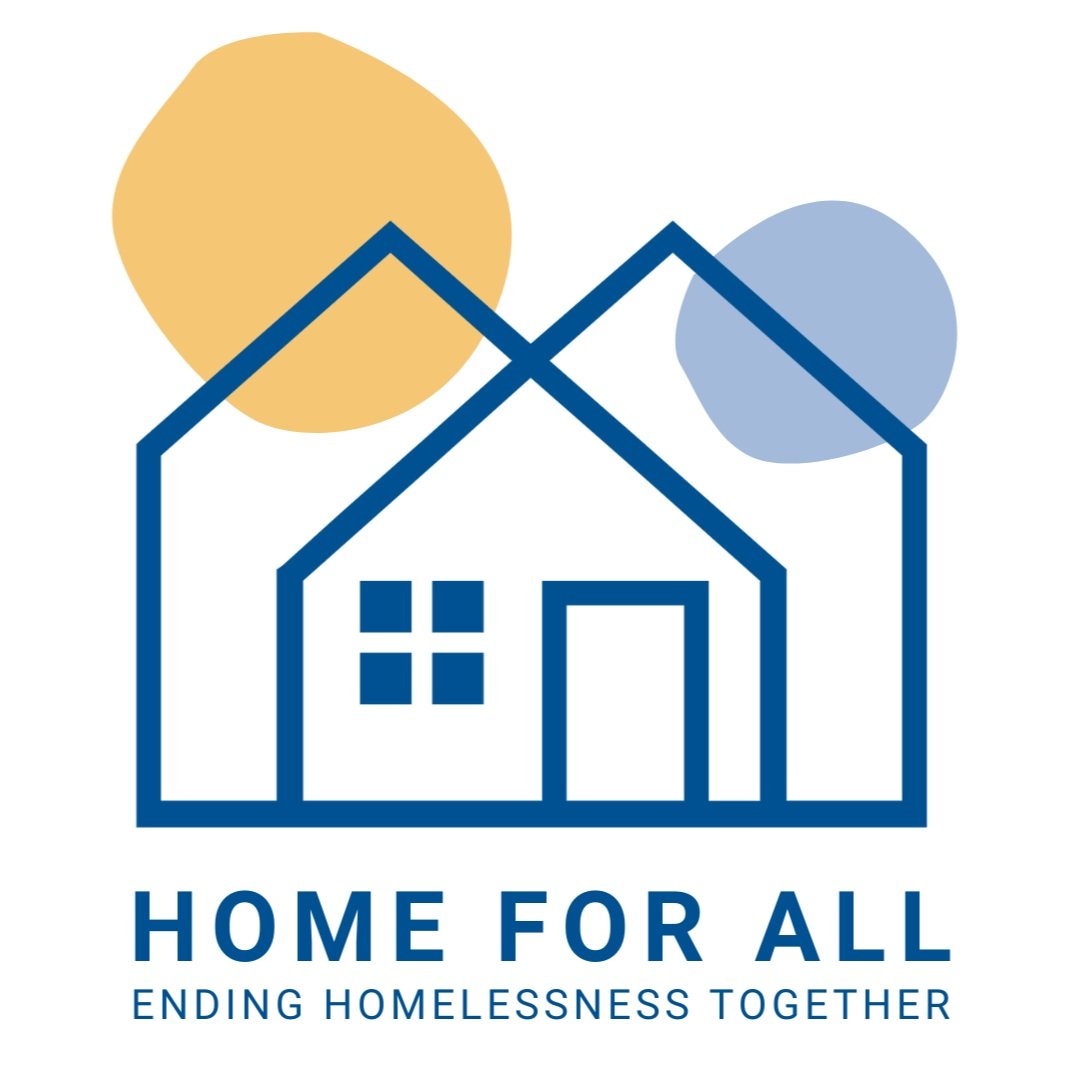The best way to combat homelessness is to prevent it from happening in the first place.
Most low-income individuals and families in New Hampshire receive no housing assistance.
In recent years, low-income workers have seen their incomes fall or remain flat, as housing costs have climbed. As a result, eviction has become too commonplace in our region with Strafford county averaging more than 350 and Rockingham county more than 270 each year.
Being evicted from one’s home is not only a direct cause of homelessness, but it reliably leads to a series of obstacles that increase the likelihood of future homelessness, as well as health and education challenges, particularly in children.
We can prevent eviction by providing support to vulnerable families and individuals when they are confronting challenges, instead of contributing to homelessness through the process of evicting our vulnerable neighbors.
Additionally, we can develop an eviction prevention system that includes educating and providing tools for both landlords and tenants to improve housing outcomes.

